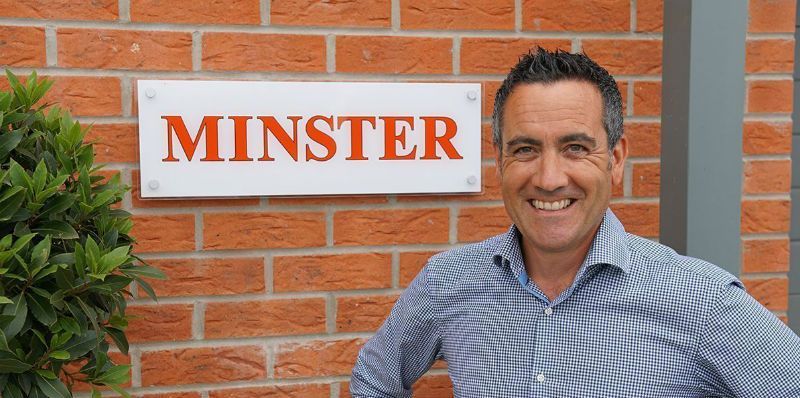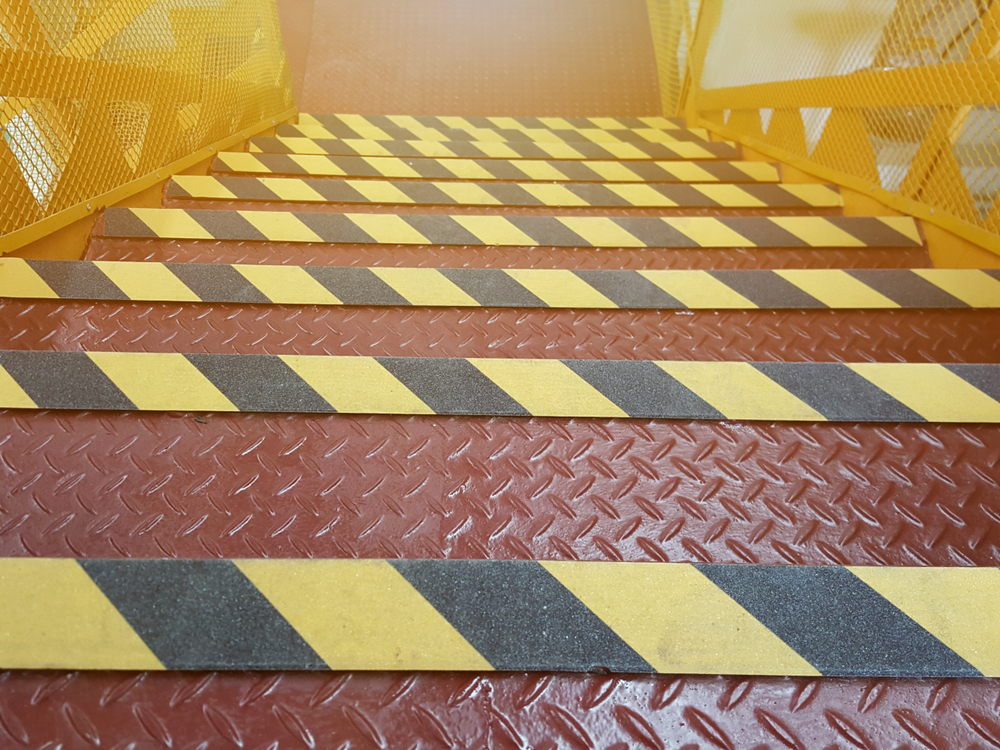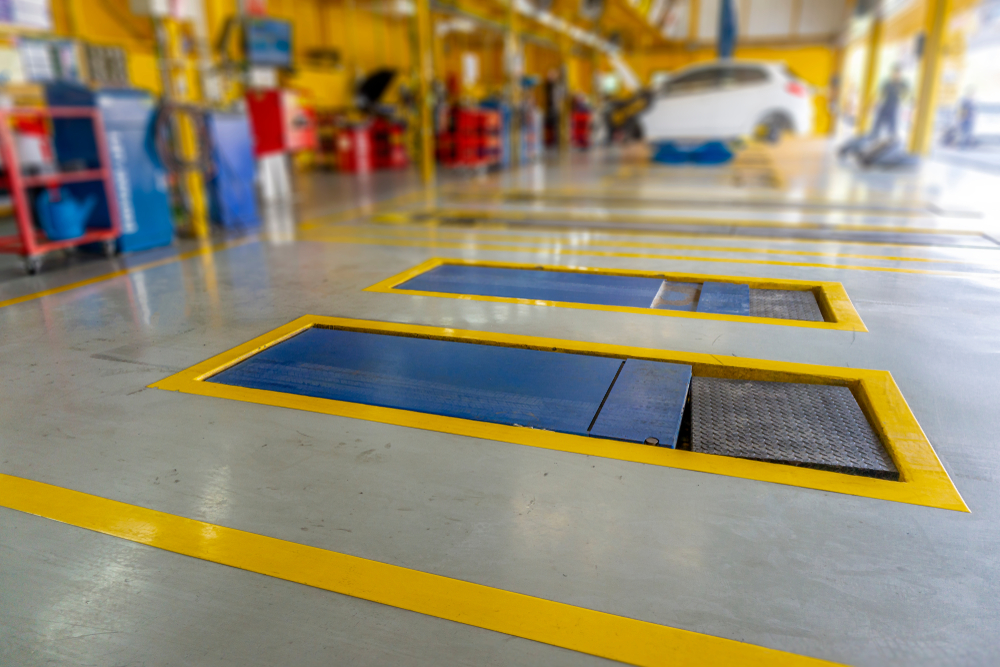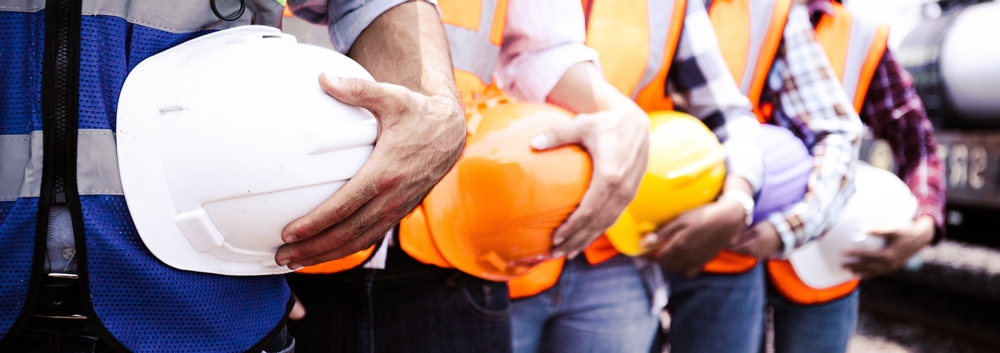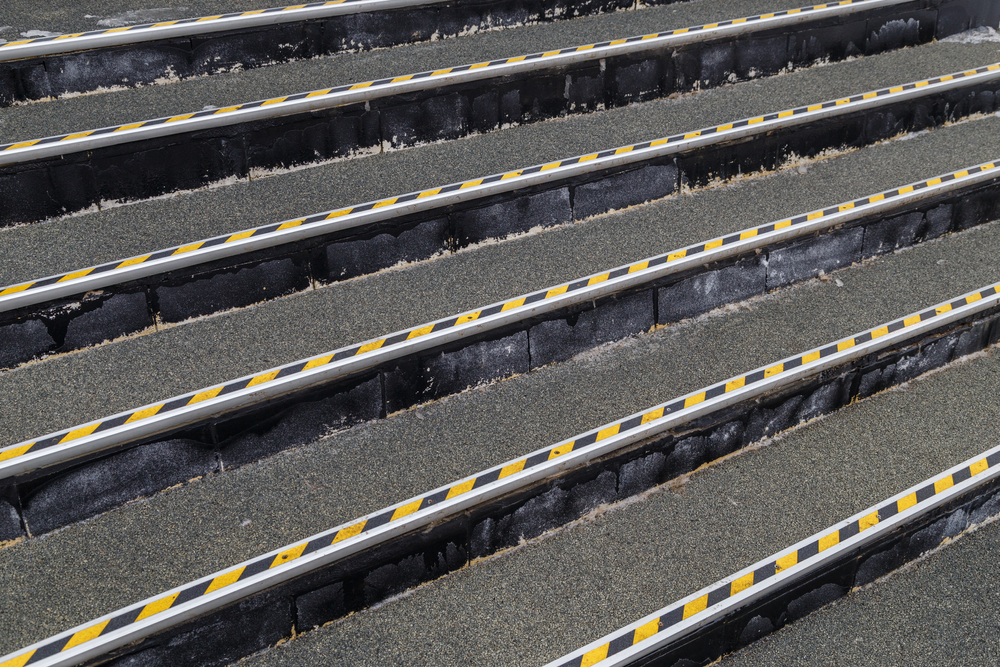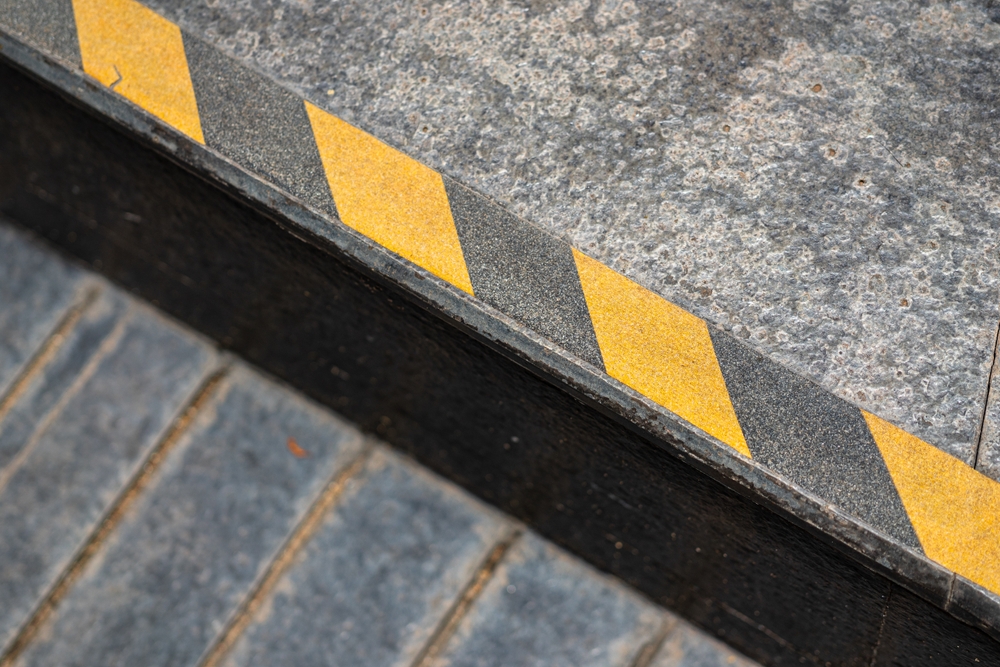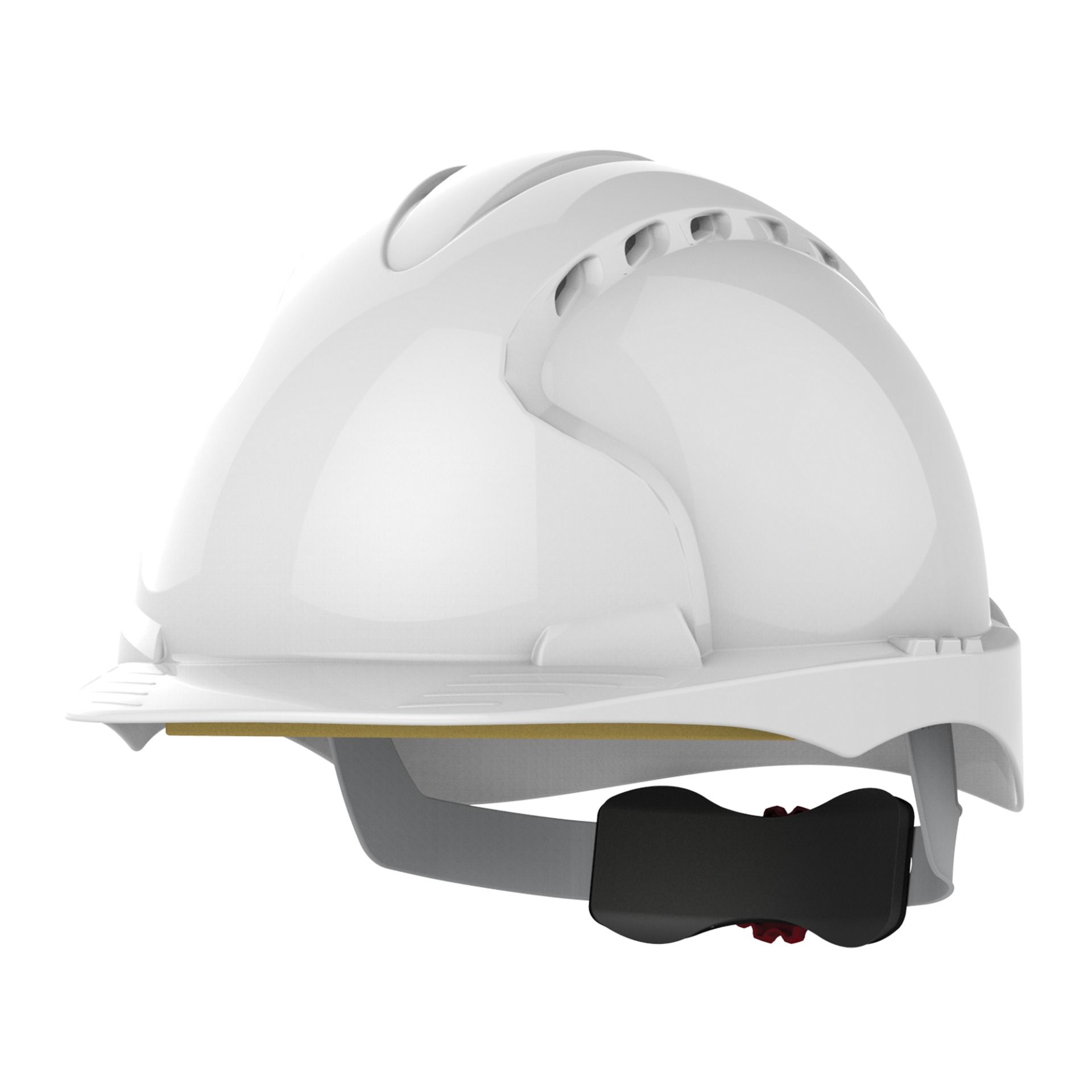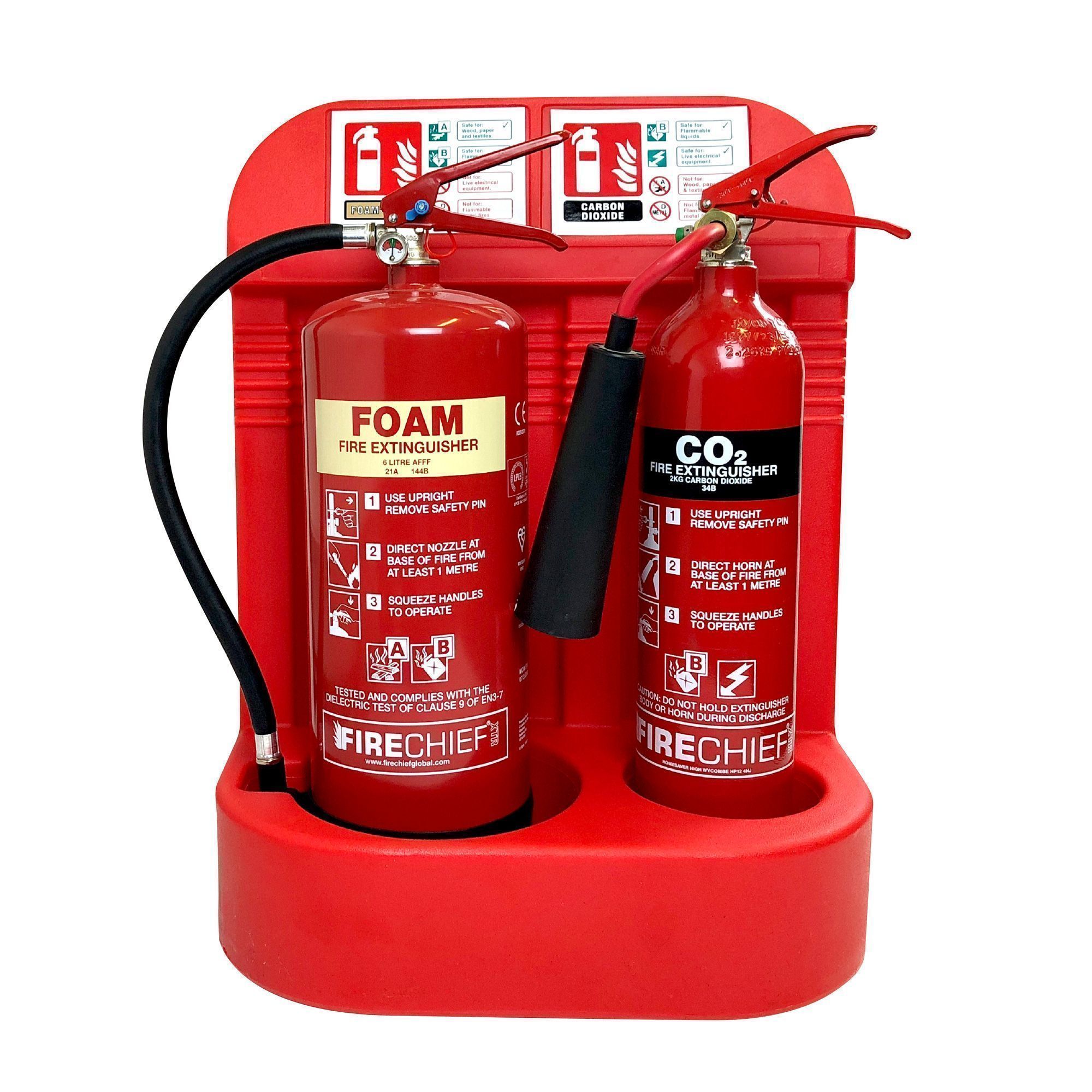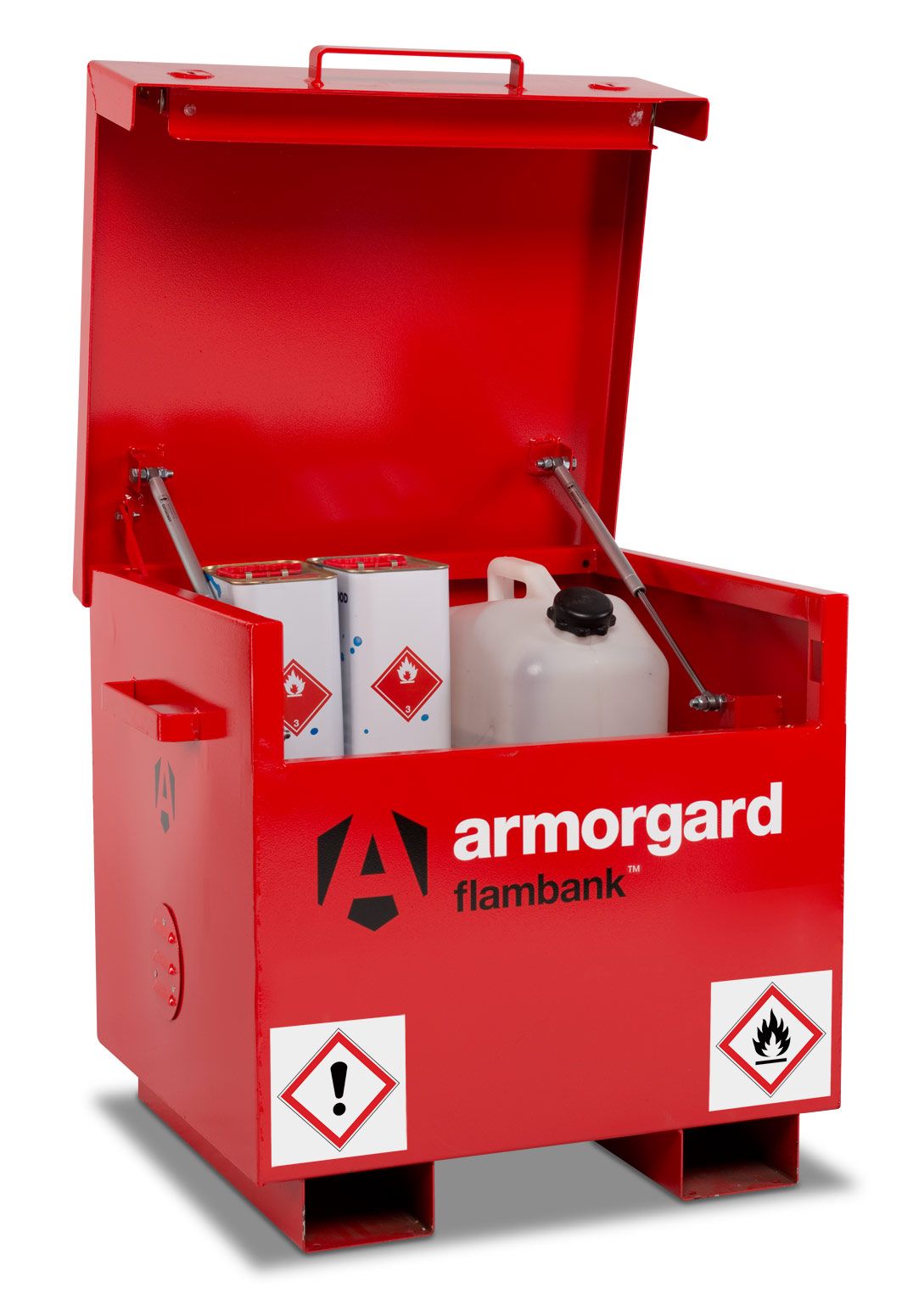Welcome to “What I Learned On Site”, a new interview series for the SafetyBuyer blog! In this series, we’ll be speaking to respected professionals from within the construction industry and asking them to share their experiences of what it’s really like to work in this fast-moving field, as well as gaining insights into what they’ve learned about workplace health and safety over the years.
For our first interview, our team spoke to Bruce Spencer-Knott, director of Lincoln-based Minster Surfacing, one of the UK’s leading independent asphalt and tarmac surfacing contractors. Founded in 1999, the company works on multimillion-pound infrastructure projects for many of the country’s largest construction firms, as well as the Ministry of Defence, local authorities, major builders and regional suppliers.
Mr Spencer-Knott has more than 25 years of industry experience, and continues to work on site, operating machinery and liaising directly with colleagues and customers, in addition to his managerial duties. As such, he has an an unparalleled knowledge of the surfacing and construction industry, and was able to share a wide range of fascinating insights with us about his career, the evolution of health and safety standards, and the key advice that any new starter ought to follow to find success. Read on to find out more!
Career experiences
Can you tell us about how and why you embarked on a construction career, and how that led you to where you are today?
After I left school, I started working on building sites and roadworks across the country as part of a small team. I would often be the man using a jackhammer to dig up roads, or I’d be in the trenches beside the roadworks laying the reinforced edges. It was hard, thankless work, but the money was good and it’s always rewarding when, at the end of the shift, you look behind you and see a pristine, freshly-laid road.
At 19, I’d earned enough to buy my first house in my hometown, Lincoln, but after ten years of working on the roads, I remember coming home after a particularly long and difficult day of work when I thought to myself that I simply couldn’t go on doing it. It was backbreaking work and I promised myself that I’d do everything I could to make the work better, safer and more efficient. I love technology and I’m always looking for ways to improve on the way things are done, and that inspired me to push myself forward.
I started taking a night course for a diploma in civil engineering and I worked my way up the ladder. I spent another four years in the industry when some of my friends encouraged me to go it alone and start up my own firm. In 1999, I re-mortgaged my house and I started Minster Surfacing.
What’s the most important lesson you’ve learnt during your time in construction?
That there are always ways in which you can improve how things are done.
I think that it’s the case in every industry, to various degrees, that things always get done in the way they’ve always been done. In construction, and roads in particular, I think this mindset is even more common, and it means that things are often nowhere near as efficient, effective or safe as they could be.
Technology is always being developed and created that has the potential to transform an industry for the better, but lots of people in construction tend to shy away from it and carry on as normal. Investing in new technology is always a gamble, but I find that it almost always pays off.
From having worked in some of the most dangerous, most arduous jobs in the industry, I’m really passionate about improving the work for my colleagues so that we can make the work safer, greener and better. We’ve already made great strides, but I’m always on the lookout for ways to improve things even more.
What have your experiences in the construction industry taught you about yourself?
I think the main thing I’ve learned about myself is that I’m ambitious. I like to keep pushing myself and the company to take on new challenges and to do things even better.
In the last year, we’ve been taking on bigger contracts than ever before and we’ve done some amazing things: we replaced 8,000 square metres of concrete at an RAF station’s refueling yard and we’ve repaired tens of thousands of potholes on behalf of Lincolnshire County Council - things that we never would have been able to do before. Even better, we’ve been pushing to achieve a higher quantity and quality of work, at the same time as we’ve been dramatically cutting our carbon footprint.
We’ve been investing in technology that enables us to recycle the material we remove from old road surfaces; we’re using 3D laser scanners to accurately measure roads without closing them or having people on the roadsides; and we’re using recycled plastic as a binding agent for pothole repair.
I’m really proud of my team; they’re always up for a challenge and they’re willing to try out the new technology and techniques. This is really helping the company to stand out, save our clients money, work more efficiently and do a better job.
Advice to new starters
What would be your most important piece of advice for anyone at the start of their own construction career?
Don’t settle for an office job. So many people come out of school, college or university these days with their mind set on having a posh job in a shirt and tie, where they’ll be sat all day behind a computer screen. While these jobs may not be physically demanding, you might be missing out on some massive opportunities if you’re not prepared to get your hands dirty.
If I hadn’t been working on the roadsides, I’d have never got to where I am now. There’s no better way of learning about an industry than experiencing the work at the coalface, and it’s a great way of picking up skills that will help you throughout your career.
What kind of training or educational pathway would you most recommend for youngsters looking to make a start in construction?
Learn by doing, but don’t forget about your qualifications. If you didn’t do well in school, you can learn more useful skills while you’re grafting and you can find a way of building up your academic skills as you go.
Most employers will see the value in helping a team member advance their skills and if they see potential in you, they’ll be happy to invest in your future. Apprenticeships are a huge opportunity that could set you up for a fantastic career, but even if you do as I did and end up in a van travelling to building sites to graft all day, there’s nothing to stop you from taking up a night class or using your free time to get some additional qualifications to support your future.
What’s the most important personal quality to have to achieve success in the construction field?
I think the most important quality is the motivation to work. You only get out what you’re prepared to put in, but if you’re willing to work hard day in day out, you’ll do well. You need to persevere, take every opportunity to learn and to build up your skills, and you should never rest on your laurels and think the world owes you a favour.
Sometimes, you need to take risks, you need to make sideways moves and try new things, but you should always build on what you’re good at and never give up. Sooner or later, people will appreciate what you can do and they’ll either reward you with more, better work, or you can move on to better things. Success rarely comes to people who sit and wait for it.
Health and safety
Has health and safety become a more important consideration in construction work over time?
Since I started in the industry, the work has become a lot safer, but there’s still some way to go. Health and safety is a really important consideration; as a business owner, I don’t want to be sending people to work in environments where they’ll be in harm’s way. While risk can’t be eliminated completely, we all take every step possible to keep our employees, supply chain partners and the public safe.
Throughout the company’s history, we’ve made big investments in technology that has eliminated the need for some of the most dangerous tasks and made others much safer. All members of the team are extensively trained, so they know how to complete their work and operate machinery safely, and we also have rigorous risk assessment and risk mitigation processes.
It’s impressive to see how the construction sector has been making strides to improve health and safety, but generally road surfacing still has a bit of a reputation as a dirty, dangerous industry. There are companies that haven’t done much to challenge that reputation, but I’m determined that it should be a modern, safe and efficient industry. Unfortunately, the reputation has been having an impact on the number of young people who are interested in working on the roads, so I’m convinced that the industry as a whole needs to make the effort to improve working conditions and show that we can be high-tech, forward thinking and safe.
In your experience, what safety considerations are most commonly or easily overlooked when planning a project?
When you’re working on roadworks day in, day out, it’s easy to overlook the fact that you’re working in one of the most hazardous locations you can work in. Whether you’re making measurements from a roadside verge, working on a closed lane as traffic drives past or working near heavy machinery, you need to have your wits about you and take every safety precaution seriously.
While you can make every effort to keep your staff safe on the worksite, there’s not a lot that you can do to get road users to keep them safe too. I’m constantly wary of the speed at which members of the public drive past roadworks and my teams must be fed up of me reminding them to watch their backs, but it’s a sad reality that most drivers are completely oblivious to the fact that the only thing that separates their cars from my team is a row of plastic cones. Too many drivers go through roadworks too fast, they don’t pay attention to their surroundings, and they take stupid risks. That makes me very anxious for my employees, and I think it’s a cultural problem that really needs to be addressed.
What is the key to a safe and productive working environment within construction?
In surfacing, we’re faced with a lot of time pressures: the public want roads to be reopened quickly and because surfacing tends to be one of the last tasks within housing or retail developments, there’s a lot of pressure on us to make up for lost time and work fast.
When you’re under pressure like that, it’s tempting for surfacing teams to work faster than they should and cut corners when it comes to quality and safety, but we pride ourselves on that fact that we never compromise quality or safety.
When there are time pressures, I think it’s important to be honest and firm with clients when they’re anxious that a job should be completed sooner, and I never agree to a deadline that we can’t meet without making compromises. If needed, we might deploy additional teams or work extra hours or nights to get a job done on time, but we never risk the safety of our people.
I think the key to being safe and productive is to be proud of your work and proud of your team. One of the key attributes that makes a good team is that everyone is looking out for each other and that they take their work seriously. There’s no pride in risking the lives of your workers to get a job done fast, but you can certainly hold your head up high if you do a great job with everything done properly.
What steps does your organisation take to ensure that health and safety is at the heart of everything you do?
One of the first things we do when my team arrive for work is to remind them of their responsibilities to themselves and to each other. We encourage a real team dynamic where no-one is out for themselves and everyone is working together toward a common goal.
Training is a large part of our operations and whenever we introduce a member of the team to new tools, techniques or machinery, we instruct them on the necessary health and safety precautions and considerations. We risk-assess every element of the projects we work on, make sure every member of the team is aware of those risks, and make it very clear that we never cut corners. Safety really is a priority.
We’d like to once again thank Bruce for taking the time to share such in-depth insights into his career, and the importance of a dedicated devotion to high standards of health and safety. To get in touch or work with Minster Surfacing, you can find contact details on their website, or receive their latest updates on Twitter at @minstersurfacin.
For more expert insights into construction sector safety, check back regularly with SafetyBuyer, where you can also browse one of the UK’s biggest and most comprehensive range of health and safety solutions! Over 12,000
Over 12,000  Simple no quibble
Simple no quibble  Prompt dispatch &
Prompt dispatch &  UK Mainland Delivery
UK Mainland Delivery 